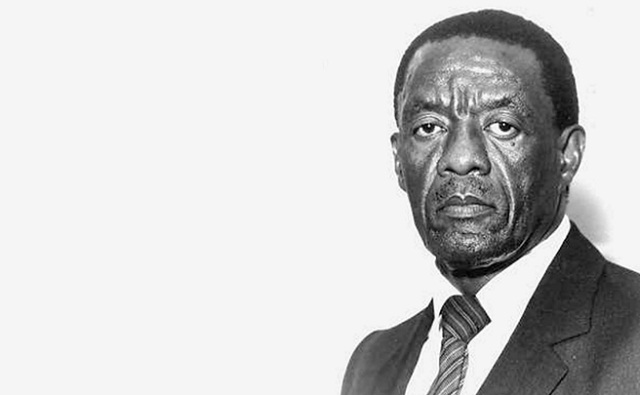
Johannesburg, South Africa | AFP | A former leader of a black tribal homeland that was one of the so-called Bantustans that helped to underpin South Africa’s apartheid system has died, local media reported on Friday.
Lucas Mangope, 94, was president of Bophuthatswana until democracy in 1994 after which the 10 small apartheid-created states were dismantled and South Africa’s first democratic president Nelson Mandela described him as a “forgotten man”.
“Mangope was among the African personalities… that sustained the apartheid social engineering of ethnic division,” the ruling African National Congress (ANC) party said in a statement.
“Mangope was an outspoken opponent of the democratisation project in South Africa as led by the ANC.”
Mangope was installed by South Africa’s apartheid government to administer the semi-autonomous tribal territory, which was scattered across a number of enclaves within the northwest region of the then white-ruled nation. He became president of the homeland in 1977.
No other country recognised supposedly independent Bantustan “nations”, which were used by the racist regime to disenfranchise non-whites within South Africa, turning them into foreigners and depriving them of their political and civic rights.
“The history of Bophuthatswana was a history of forced removals of citizens, of corruption, of banning of organisations, political imprisonments, deportations, police brutality, torture, hangings,” lawyer Brian Curran said in 1996 during a Truth and Reconciliation Commission hearing into the crimes of the apartheid era.
Mangope came to international attention in March 1994 a month before South Africa’s first non-racial elections when he refused to let citizens of his enclave vote in the polls.
Days of looting and arson in the main town of Mafikeng ensued and dozens of white South African neo-nazis poured into the territory to prop up Mangope’s teetering regime.
One of the enduring scenes of apartheid’s final days was when a Bophuthatswana soldier shot dead three of the far-right paramilitaries as they pleaded for their lives in front of live TV cameras.
 The Independent Uganda: You get the Truth we Pay the Price
The Independent Uganda: You get the Truth we Pay the Price





